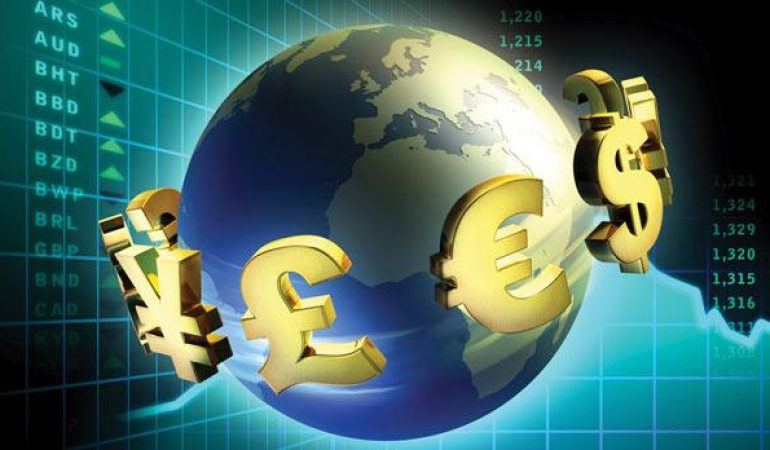Protectionist policies threaten to destroy the global market economy
lan Greenspan, former chairman of the US Federal Reserve, coined the phrase “irrational exuberance” to describe the stock market in the long business expansion of the 1990s. Yet he was speaking in 1996. The stock market (powered by speculation in internet stocks) continued to go up. It peaked in 2000 and then the dot-com bubble burst.
Things look terribly familiar. Everything suggests that the euphoria on Wall Street (and in the currency markets, where the dollar rose this week to a 31-year high against sterling) is misplaced. Yet it may carry on because investors are entranced by the idea that, for all his eccentric Twitter posts, Donald Trump has got one big thing right. This is his promise to boost demand by increasing public spending, especially in infrastructure.
Mr Trump is also wrong in ways unparalleled in any postwar administration, however. If his rhetoric is to be believed, his will be a populist and isolationist economic policy. That will be costly for American households and even more so for trading partners, especially Britain as it seeks a place in the global economy outside the EU.
Let’s take the good part first. Yes, the United States could do with fiscal expansion. The rest of the advanced industrial economies, with sluggish growth and weak inflation, need America to take this course, too. The US can afford to be a motor of global growth; at least it could under an administration that understands how a market economy works.
The problem isn’t simply with Mr Trump’s pledge to impose tariffs on imports from China and Mexico. Almost all economists believe that protectionism is a bad policy that cuts consumers’ real incomes and diverts capital to less efficient industries. Yet bad policies can be lived with; it’s what Mr Trump’s import controls signal in his wider economic approach that’s worrying. Larry Summers, the former treasury secretary, compares Mr Trump’s economics to “regimes that were in some ways similar — highly nationalist, highly interventionist with a bit of an authoritarian aspect — [that] have come to power in Latin America”.
Professor Summers is not neutral, he’s a Democrat, but he’s one of the world’s leading economists and his comparison is hard to gainsay. Market economies can have widely differing mixes of public and private sector, rigorous or loose regulation, high or low marginal tax rates. Yet they all recognise the primacy of laws of contract. That’s true of economically left-wing governments in the G7 (such as France under François Mitterrand from 1981 to 1983) and conservative governments such as Margaret Thatcher’s. If companies can predict the regulatory and policy environment, they can afford to take longer-term investment decisions.
The consensus appears to be breaking down, with Mr Trump hectoring big companies to alter their investment decisions. This isn’t economic policy as it is conventionally understood: it’s exhortation and horse-trading with corporate interests. Nor is Britain immune: we don’t yet know what “support and assurances” have been offered to Nissan to persuade it to remain in the UK after Brexit.
This approach is costly to the taxpayer and will involve decisions on the allocation of capital. Populist governments do this to reward supporters. The Latin American examples alluded to by Professor Summers typically maintained public support by spending proceeds of commodity exports irresponsibly, running big fiscal deficits and raising public sector wages far in excess of productivity gains. And then the roof fell in. It always does.
In these early days, Mr Trump looks like a nominally conservative variant on a similar theme. The costs to the global economy may be not just high but traumatic.



